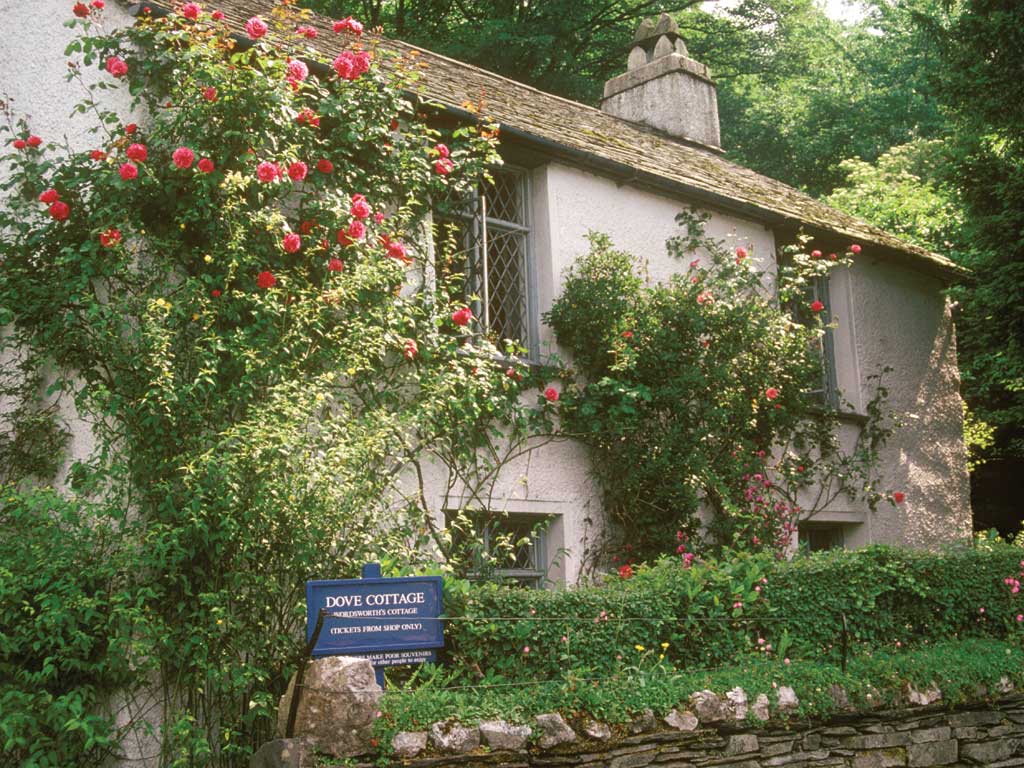The spectre of Wordsworth shouldn't stop us building on the green belt
Un-notching London’s by just 1 mile would yield enough land to add 1 million homes

Your support helps us to tell the story
From reproductive rights to climate change to Big Tech, The Independent is on the ground when the story is developing. Whether it's investigating the financials of Elon Musk's pro-Trump PAC or producing our latest documentary, 'The A Word', which shines a light on the American women fighting for reproductive rights, we know how important it is to parse out the facts from the messaging.
At such a critical moment in US history, we need reporters on the ground. Your donation allows us to keep sending journalists to speak to both sides of the story.
The Independent is trusted by Americans across the entire political spectrum. And unlike many other quality news outlets, we choose not to lock Americans out of our reporting and analysis with paywalls. We believe quality journalism should be available to everyone, paid for by those who can afford it.
Your support makes all the difference.Little did I know, when I ducked into Dove Cottage at the end of last month, that I was visiting the hallowed 19th century home of Britain’s greatest and most eloquent Nimby. You see, I made the journey for Wordsworth the poet. Wordsworth the countryside campaigner might not have led this tourist – lonely as a cloud - on a trip to the Lake District, nor to part with an entrance fee of £8.50, nor to spend a few minutes admiring an ice-skate that once touched his foot. More fool me. Because, if Wordsworth was alive today, says ex-poet laureate Sir Andrew Motion, he would not be writing poetry. He’d be “having a series of fits” at the construction of houses on precious greenfield sites.
Everyone, of course, has the right to employ long-dead literary icons as sockpuppets for their own political opinions, sensible or otherwise. I would only raise Sir Andrew, who is president of the Campaign to Protect Rural England, by saying that Jane Austen would want to renationalise the railways, and Tennyson would have swooned at the live-vivisection of monkeys in pharmaceutical trials. Dickens, as can probably be deduced from The Old Curiosity Shop, would oppose Pfizer’s takeover of AstraZeneca, and send the Ghurkas into Ukraine.
There is a more serious point here, however. Sir Andrew contributes to the widely held and deeply misguided view that the English countryside is, in a nightmarish game of Grandmother’s Footsteps, being tarmac-ed over the moment locals turn their back. Over half the country believes 50 per cent of England is “built-up”: the true figure is just over 10 per cent. The non-mythical problem the UK faces is a chronic shortage of homes, and – in order to get a halfway useful response – greenbelts must be loosened. That doesn’t mean turning Tintern Abbey into a high-rise. Some 60 per cent of green belts are used for intensive agriculture, the kind of bleak, repetitive landscape about which Wordsworth would struggle to squeeze a haiku.
Building on green belts has been politically unsayable for close to a generation. Yet such is the pressure on Britain’s housing market – prices in London rose 17.7 per cent last year, while house-building has fallen to its lowest level on record – the unsayable is now being said, and from some unexpected corners. On Monday Tory peer Lord Wolfson called on all parties to re-examine the definition of green belt land with a view to bringing in the diggers. Un-notching London’s belt by just 1 mile would, according to estimates from the LSE, yield enough land to add 1 million homes.
Short shrift should be given to the conjured opinions of nature-loving poets, as to the protestations of those lucky few who live on greenbelt land. Wordsworth can rest, happily, underground. For many of those still living over it, the green belt has become another lash in the cat-o-nine tails of Britain’s current housing crisis.
Join our commenting forum
Join thought-provoking conversations, follow other Independent readers and see their replies
Comments